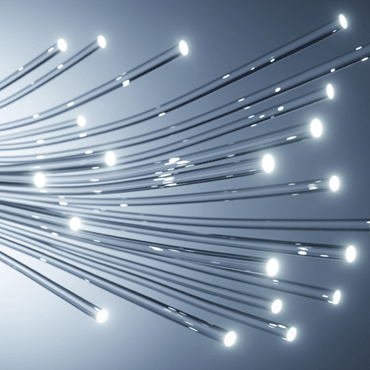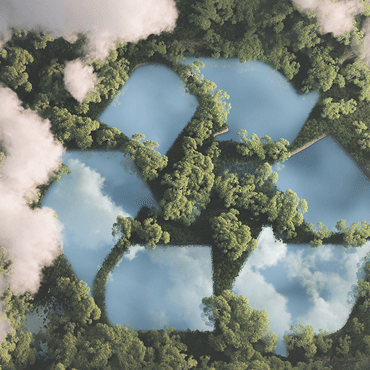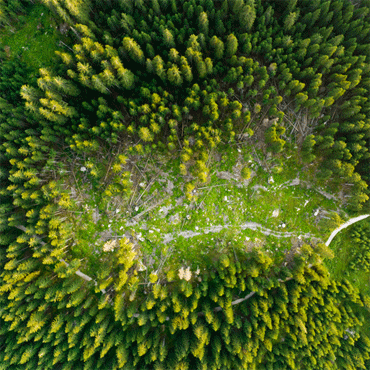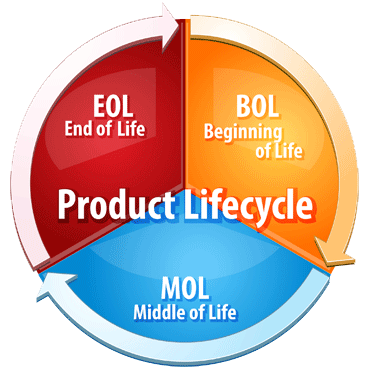The Prysmian Group is committed to design products and solutions with lower environmental impact, that could reduce emission both in the production and use phase. This can be done through the use of different material, designs or to innovate the way products are used.
For example, P-Laser power transmission and distribution cables provide the best performances with a reduced environmental impact, using fully-recyclable materials and a “zero gas” process to reduce CO2 emissions. Compared to a traditional product, it shows a 34% reduction in CO2 content, when considering the raw materials and cable production, and the end of life.
Another example is the EX3 solution, a coating film derived from space application, which is able to reduce overhead lines emissions up to 25% by lowering the operating temperature of the cable. Our FlexRibbon fibre optic cable has the highest fibre density in the world as we pack more fibre into a smaller space. This makes installation quicker and cheaper, often avoiding replacing already installed ducts.
Alesea is our new IoT solution that offers near real-time information on cable drum location, drum use and the amount of cable available, keeping cable waste and scrap at a minimum. In our experience the solution increased by 10% the amount of drums returned and reduced cable leftover scrap by 25%







